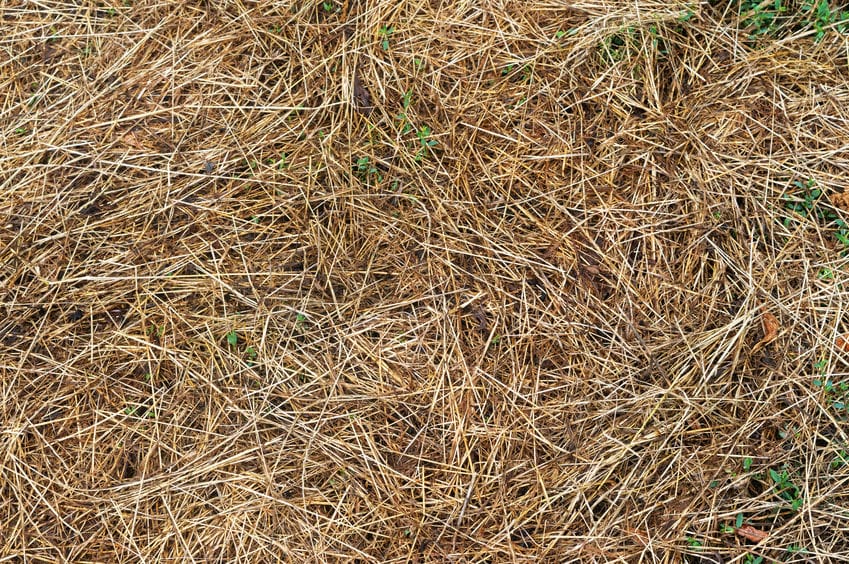What’s the Origin of Brown Spots in Grass?
Brown spots can kill your lawn. If you’re a homeowner with at least some lawn care experience, you know exactly how that plays out. Fortunately, there are ways to counter and prevent the formation of brown spots. To do that, you will of course have to first understand the most important causes and sources from where brown patches on lawn tend to originate.

One of the reasons for brown spots of your lawn could be excess moisture. If there is too much humidity in the air, that isn’t usually a problem. However, heavy rain, too much watering or rainwater spilling on a certain part of your lawn all the time will definitely do it.
Another reason why you might have to deal with brown spots is that there is too much thatch and compacted soil. These issues can cause water to pool on specific areas of your lawn and lead to the formation of brown spots quite quickly.
Excessive nitrogen or the improper use of fertilizer will also cause brown spots in grass. If you use liquid organic fertilizer, make sure you don’t spray too much of it in one spot and that you use it responsibly. Overuse can cause the same effect as what happens when your dog urinates on your lawn – which is probably the most well-known cause of brown spots. Revive products at https://www.revive.com/how-revive-works/how-it-works are some of the best in the industry in keeping your lawn beautiful.
When the brown spots have already formed, it’s very hard to get your lawn to heal. Most of the time, prevention is the key; and for that to work, you have to gain more knowledge about the aforementioned factors and what you can do to keep them from becoming a problem.
The post What’s the Origin of Brown Spots in Grass? appeared first on Revive Lawn Care Products.
Comments
Post a Comment